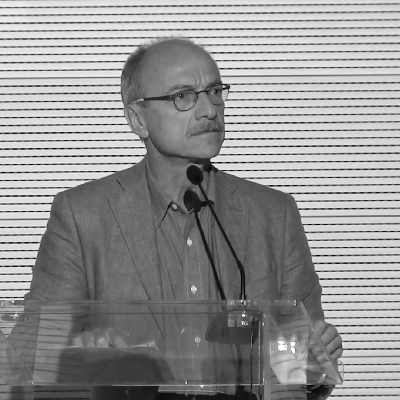Quite rightly so The Times devoted its Person of the Year cover to Trump: “The President of the Divided States of America.” The grounds for this decision read, “With this real estate baron and casino owner who became the star of a reality show and provoker without having ever worked one single day as a public official and having only looked after his own interests, we can only expect the smoking collapse of a vast political edifice that used to house parties, experts in political affairs, donors, pollsters, all those people who did not take him seriously and that had not expected his arrival.”
It is difficult to predict the effects of this newly elected administration: many reckon it will be less disastrous than expected. But appointing Pruitt does not leave much room for hope. The former attorney general, a hardliner against abortion and gay marriage, is the voice of an America looking back to the past in tune with that part of Europe most scared by the economic turndown, the loss of jobs and the increase of migration flows.
Will it be a characteristic of the next decade? In this issue of Renewable Matter, Emanuele Bompan takes stock of the reaction in the USA, listening to the suggestions of those who do not give up: from Michael Brune, Sierra Club chair, who envisages “battles in courts, in Congress and in the street”, to Richard Heinberg, Post Carbon Institute fellow, who imagines a dual strategy based on democrat support and on grass-root protests organized by cities and communities.
For the circular economy, in particular, it will be a great challenge: it will have to strike a balance in a very hostile environment. A difficult but not impossible mission. Especially because it is played with reverse roles compared to a still rather widespread collective belief that ecologists are romantic people who know everything about endangered species and nothing about balancing the books. In the USA, the contrary seems to be true: it appears rather difficult that Trump can hold up his anti-environmental commitments used during his election campaign without seriously damaging American businesses engaged in the race towards efficiency and clean energy. Indeed, while I was finishing this article, I got the news of a green challenge between two giants. Apple has opened a new line of investments on wind energy by acquiring 30% of China-based Goldwind’s controlled companies. Google announced that as from 2017 all the electricity used by its offices and data centres around the world will be 100% renewable.
These are choices driven both by direct economic benefits and the need to strengthen brands with actions attuned to customers: being able to say that an iPhone energy balance is lighter or that you can send Gmails without increasing the concentration of greenhouse gases means improving one’s positioning compared to other companies.
While the USA that voted for Trump seem to want to go back to the first half of the 20th century, the USA competing in the market raise the stakes by betting on the future. Interesting times ahead.



